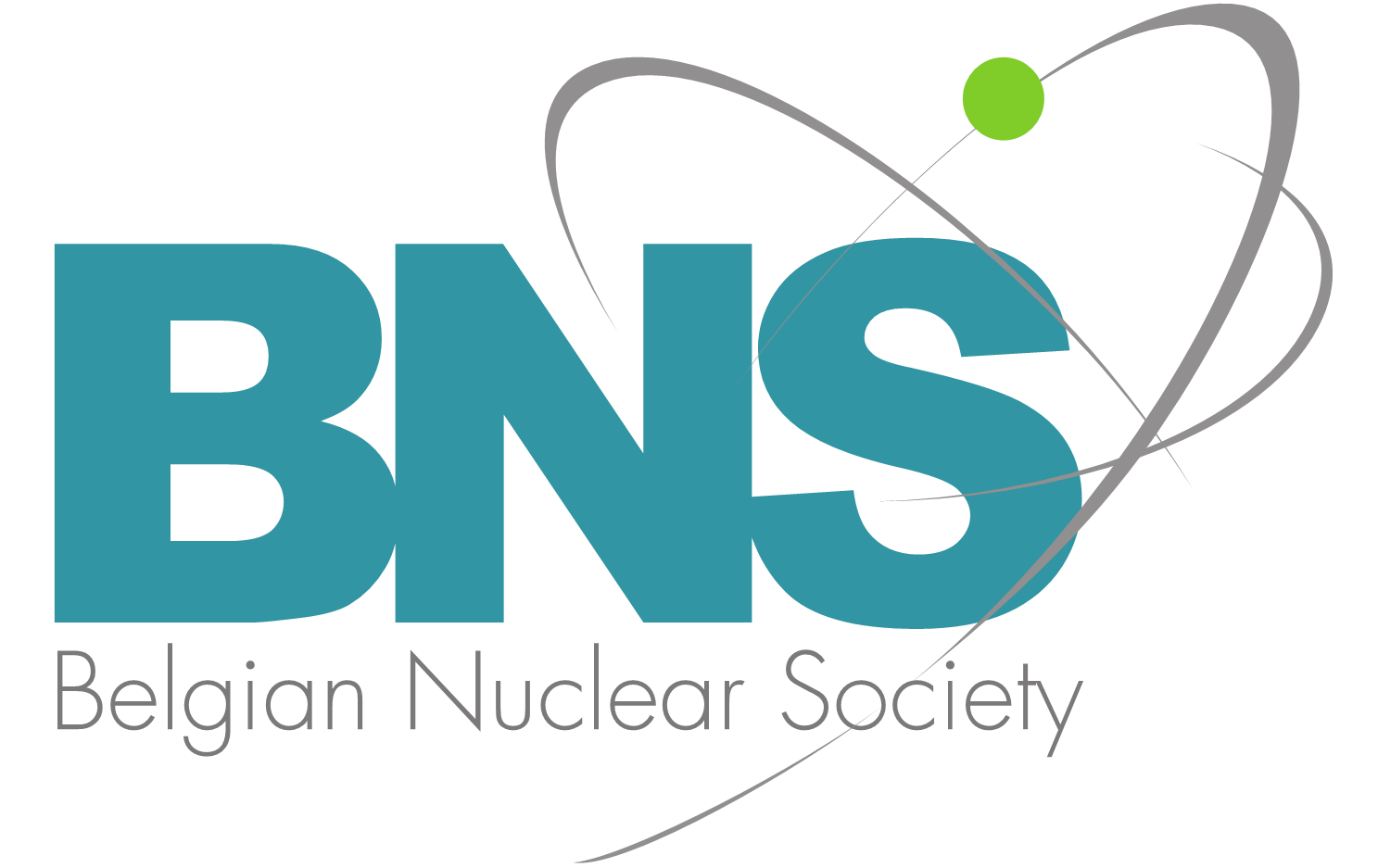Evening Lecture – A critical view on the EU plans for our future electricity supply
The consequences of a massive use of intermittent renewable energy systems for electricity generation are highlighted using Germany’s renewable electricity data from the last 5 years. The great variability in solar and wind production leads to periods of both massive overproduction and nearly complete shortage of renewable electricity. To compensate this, storage and backup power should ideally be able to satisfy at any time the demand on the network. However, the storage system needed for a hypothetical system that generates 100% of the electrical energy in Germany is far from easy to realize with current technologies such as batteries, hydrogen, hydropower, etc.
It is clear that there is an urgent need to critically examine the practical feasibility of a fully renewable electricity generation system. If the result of these studies is that the necessary storage systems are unrealistically large and/or unfeasible and that at the same time, the fossil and nuclear options are rejected, the only (and radical) solution left is to adapt our society to the availability of renewable electricity, i.e. render our complex modern society dependent on the variability of the weather, as it was in the time of the Neanderthal men.
Speaker
-
Jozef OnengaResearch Director at the Plasma Physics Lab of the Belgian Royal Military Academy
Dr. Jozef Onenga obtained a Ph.D in physics at UGent in March 1985. He became Research Director at the Plasma Physics Lab of the Royal Military Academy in 1999.
He spent about 10 years at the international research center for fusion JET (Joint European Torus in Culham, near Oxford, Great Britain) in the position of (i) task force leader for heating and confinement of tokamak plasmas and (ii) scientific advisor for the director of JET.
He is an active scientific collaboration with Princeton University (USA), General Atomics, San Diego, (USA), Max-Planck Institute (Greifswald and Garching bei Munchen, Germany), Forschungszentrum Julich (Germany) and ITER (Cadarache, France).
He is also member of the Scientific and Technical Advisory Committee (STAC) for fusion research in Europe, chairman of the Energy Group of the European Physical Society (EPS) since 2012, and chairman of the Belgian Physical Society since 2013.
